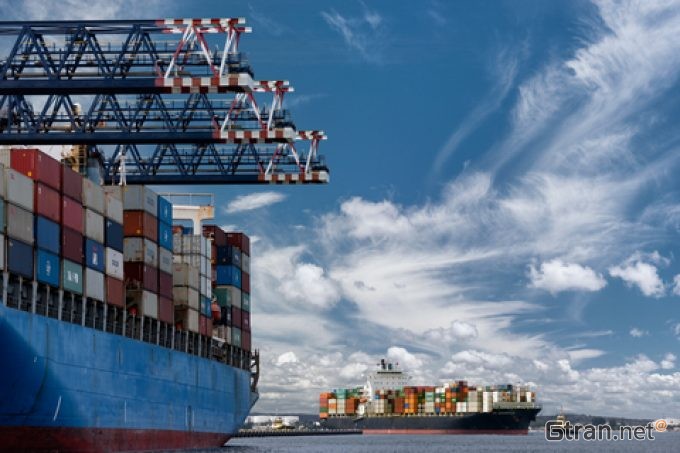Proposed changes to terminal access charges in Australia have met with stinging criticism from shipping interests who condemned it as “a truly awful policy”.
In a speech to the Australian Productivity Commission, which in September published the first draft of its Lifting Productivity at Australia’s container ports: between water, wharf and warehouse report, Shipping Australia CEO Melwyn Noronha said forcing shipping companies to pay terminal access charges “is a terrible recommendation”.

He said: “It amounts to a further subsidy of a sector, namely trucking, that is already extremely subsidised. Some of those trucking industry operators are already generating huge revenues and profits.
“Meanwhile, about A$4bn (US$2.58bn) a year is directed to the trucking industry, which does not pay its fair share of the costs of road creation and maintenance.
“Trucking can pay its own way, but it lobbies to make everyone else pay for the trucking industry instead,” he added.
In response to rising terminal access charges that Australian box terminals have levied on trucks collecting containers, the Productivity Commission proposed that shipping lines should be subjects to the charges instead.
Productivity commissioner Stephen King explained: “Truck drivers have to pay whatever price the terminal operator demands to pick up or drop off a container. The shipping lines choose the terminals, so they should pay these charges.”
Its draft report, the commission outlined proposed regulation 6.2: “Terminal access charges and other fixed fees for delivering or collecting a container from a terminal should be regulated so that they can only be charged to shipping lines and not to transport operators
“Regulations should be established that prevent container terminal operators from charging transport operators any fixed fees associated with delivering or collecting a container. Container terminal operators would not be prevented from charging these fees to shipping lines.
“This reform should be complemented by state and territory government regulators being empowered to monitor flexible fees charged to transport operators by container terminal operators to ensure that these fees are being used to create efficient incentives for transport operators and are not being used to offset any lost revenue from fixed fees,” it added.
However, Capt Noronha suggested that if proposed change to terminal access charges became law, it would likely result in shipping lines eventually passing on these extra costs to their customers.
“If anyone should be forced to absorb terminal access charges in Australia, then it should be the people who ultimately benefit from the movement of freight,” he said.
“And those people are shippers and consignees. If this is difficult for any reason, the next ideal candidates to be targeted for the imposition of terminal access charges are the direct agents of shippers and consignees, which are usually freight forwarding companies.
“If ocean shipping companies are forced to pay and pass on terminal access charges, then they will likely charge a mark-up to cover costs and administration. These increased costs will likely be paid by the next parties in the supply chain, which would then pass on the charge, again with a mark-up.
“It can be seen that recommendation 6.2 will likely lead to an unnecessary escalation in costs,” he explained.


